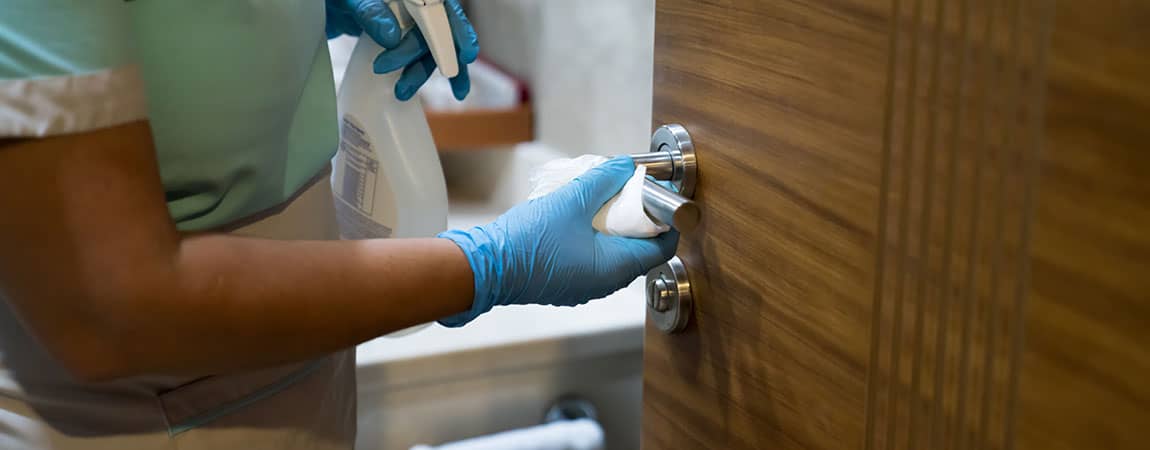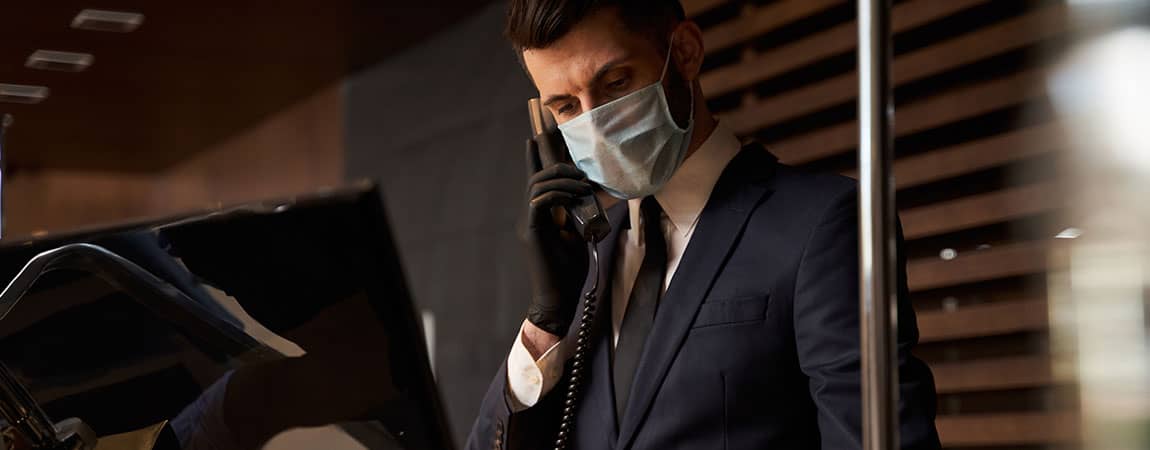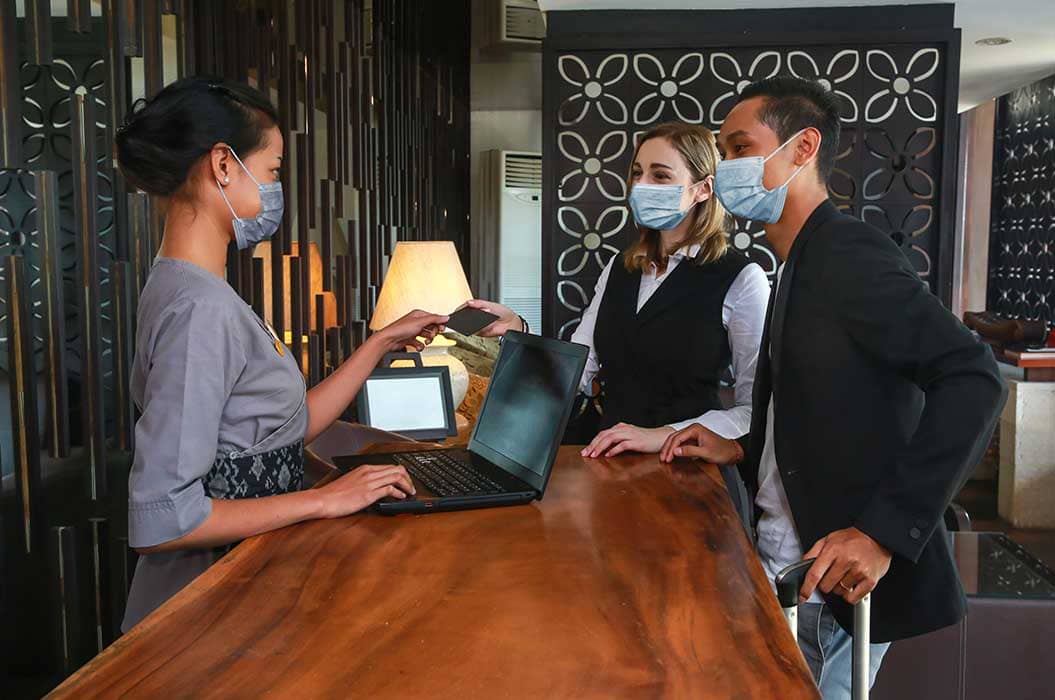As we head into the fall season, our industry continues to evolve and adapt to the travel realities created by COVID-19. And while impact on bookings for hotels and resorts of every size are undeniable, independent hotels face a unique set of challenges — and opportunities — that are changing business practices in ways that may even outlive the virus.
The health and safety of guests has always been a chief concern of independent hoteliers, but never more so than in 2020. Unlike large hotel chains and consortiums, independent properties have largely been left to their own devices with regard to what measure they take to allay guest concerns about cleanliness.

According to Richard Jones, EVP and COO of HVMG, in a recent Hotel News Now article, “All hotels are working with the same information, the same guidelines from the CDC or the AHLA and all the various experts and entities to put into best practices,” he said. “You have to take that info, put it into a program and lead (your sales pitch) with that. In our independent hotels, that’s the first thing you see when you go to our websites.”
Since the spring of this year, cleanliness and safety have become essential hotel amenities, and we’ve seen most Guestbook member properties update their policies and websites accordingly. Unlike chain hotels, independents do not have to adhere to corporate brand standards and have more freedom in determining what safety measures to adapt and how they affect the guest experience.
Pete Sams, the COO of Davidson Hotels & Resorts says: “As an independent lifestyle operator, we can be nimble, agile and enhance operations to meet our guests’ evolving needs. We have the freedom and flexibility to be creative in implementation of experiential protocols. Independent hotels are less scripted by nature and allow the opportunity for tailored solutions based on factors such as location, guest demographic and of course, budget parameters. We are using this opportunity to enhance the guest experience through creative touchpoints (i.e. positively influencing the arrival experience and engaging a captive audience while they are standing in line to check in; custom branded antibacterial wipes at valet, etc.). The lack of directives set our independent hotels free to address their individual needs instead of adopting a one-size-fits-all approach to certain issues.”
While many of these standards and practices were quickly adapted to address concerns affecting travel in the age of COVID-19, many of the changes independent hoteliers are making in response to the pandemic could redefine both their business models and guest experiences well into the future.

Johnathan Kennedy, area GM of The Ashton in Fort Worth, Texas also states in the article:
“(Our) enhanced cleaning and sanitation steps and processes will remain post-COVID-19. Serious consideration to permanently reducing/eliminating specific service and amenity offerings that are not cost-effective or fail to result in positive margin is in process. Modification of labor efficiency models to include the enhanced cleaning procedures along with increased expenses associated with cleaning products and PPE are in the works and will extend post-COVID-19. Creative methods of reducing touchpoints for guests (such as) removal of guestroom amenities like pens, note pads and even evaluation of guestroom coffee makers are under review for permanent consideration.”
Of course, only time will tell how traveler demands will evolve in the post-COVID world. But for independent hoteliers who recognize the opportunity to adapt their business wisely and prudently now, many pandemic-inspired short-term solutions will likely become long-term practices that both enhance your guests’ experience and preserve your revenues.




